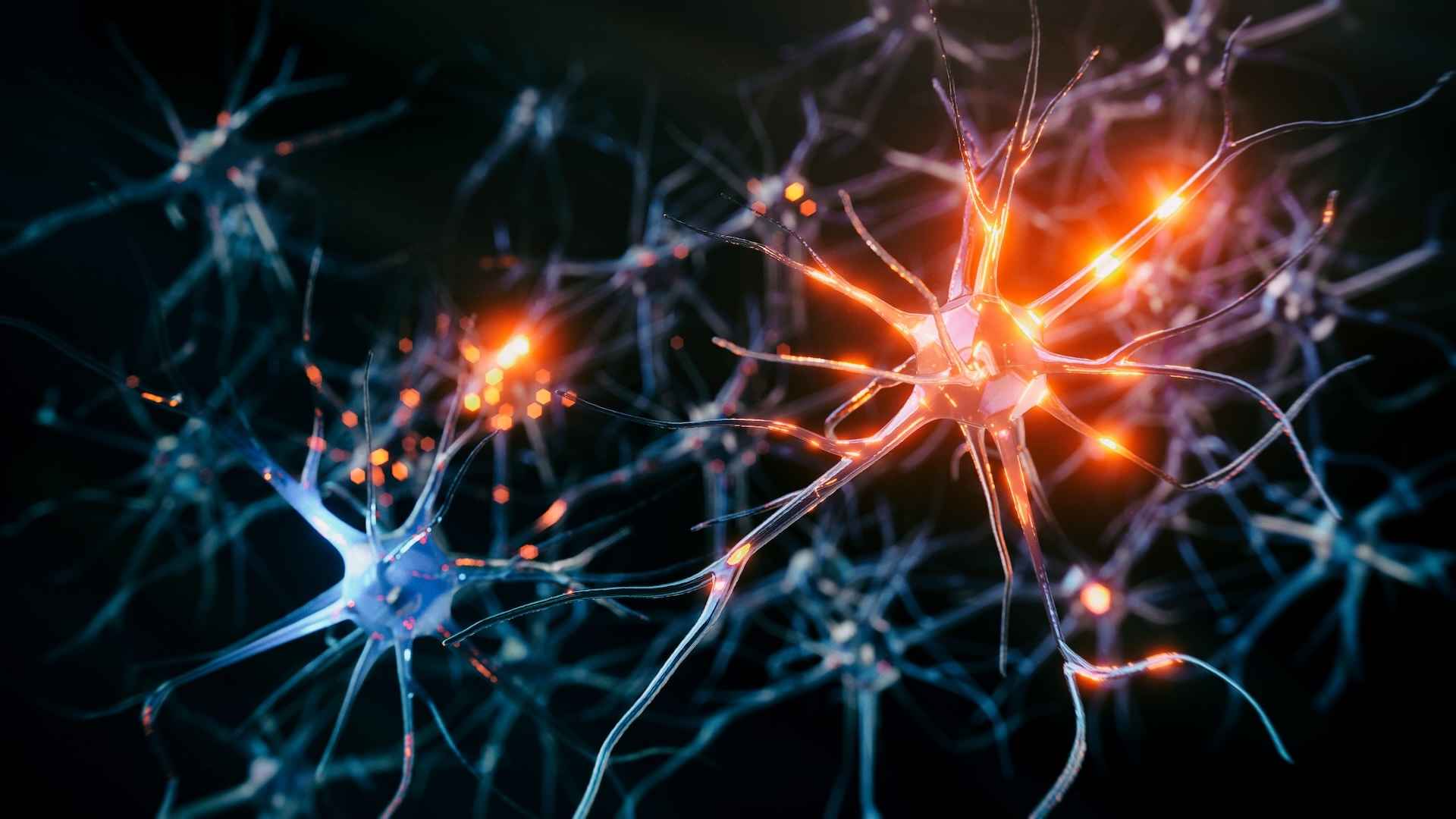New study provides hints to how the brain refreshes memories

Researchers have identified a brain mechanism that explains how memories are constantly updated and integrated over time.
The study, conducted in lab mice, focused on the hippocampus, the brain region responsible for memory and learning.
The findings suggest that after an experience, the brain consolidates and stabilizes memories by replaying the event.
Following negative experiences, the brain not only replays the traumatic event but also activates and links related memories from earlier in the week, a process called “ensemble co-reactivation.”
This discovery challenges the long-held theory that memories are stable and unchanging once formed.
Instead, the brain is shown to flexibly integrate new experiences into existing memories, which helps people navigate a constantly changing world.
The study also found that negative events are more likely to trigger these memory linkages, with more intense negative experiences leading to stronger retrospective memory connections.
Interestingly, the research revealed that this memory integration occurs more frequently while the mice are awake, rather than during sleep, which has traditionally been thought to play a key role in memory consolidation.
This new understanding could help improve treatments for mental health conditions like PTSD, where distressing memories are persistently reactivated.







